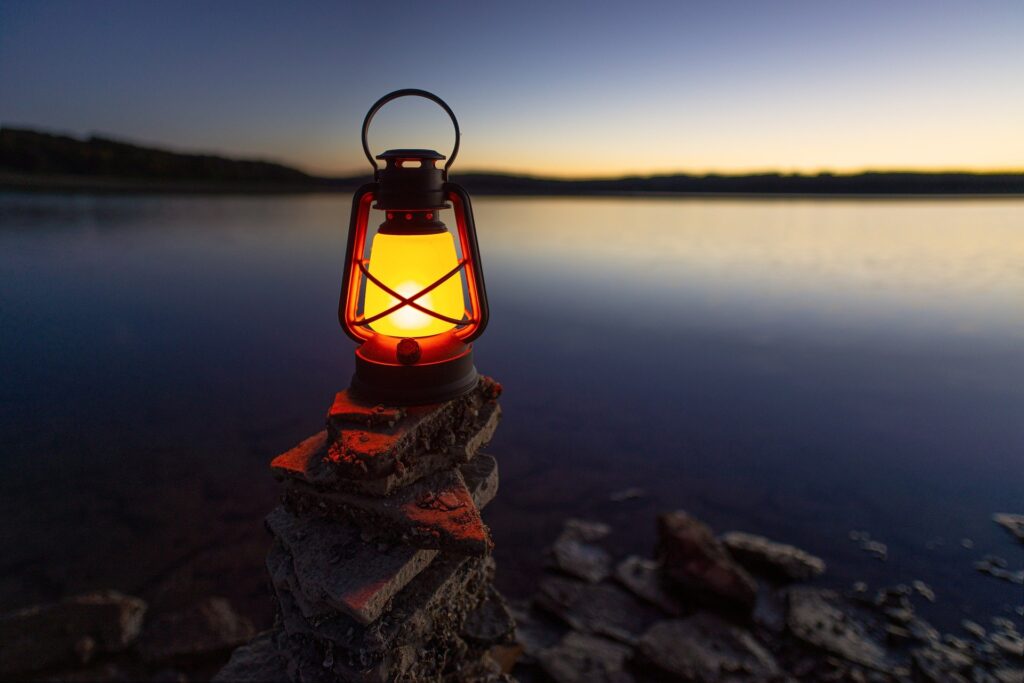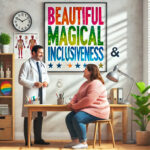The role of hope in recovery and wellbeing

The role of hope in recovery and wellbeing
Whatever mess we find ourselves in, hope is our most powerful get-well tool.
When we experience illness or trauma, our recovery becomes a journey and a destination. Along the way, hope provides a lantern when shadows surround us.
Our wellbeing aligns with recovery and this has many parts – our spirit and soul; friends and family; work and school; our thoughts and our mind; our feelings and emotions; our physical self and our body. In an ideal world, wellbeing includes our right to have a voice, be heard, be respected, avoid shame and humiliation, and have control or at least a voice in what happens in treatment and services
How do we know when our journey of recovery has arrived hand in hand at our wellbeing destination? Well, it is ongoing!
My journey began more than 40 years ago, when at age 28 I first disclosed my childhood eating disorder to a doctor.
For someone with mental illness, recovery and the attainment of wellbeing is an ongoing personal journey. It involves restoring a positive sense of self, and a meaningful sense of belonging, while self-managing our illness, and rebuilding a life with our self, our family, and our community. This is something I continue to work on every day.
We are all on a journey to be who we want to be while dealing with obstacles. The obstacle may be, as in my case, an eating disorder, or it could be an accident, abuse, or terminal illness. Sometimes it can be a multiple of challenges – environmental, social, or psychological. It can be the impact of a traumatic experience; it can be a little thing or a big thing. An obstacle is an obstacle, nothing less. Sometimes we cannot move the obstacle but we can find a way around it, we can learn the best way of adjusting to living with it.
Recovery is a process of change that involves acquiring knowledge and coping skills and creating environments to enhance our wellbeing, to smooth our pathway.
Remember, that you are most important person who is on your journey. And the most important element for us each to have on our individual journey is HOPE. This is incredibly important.
Trust is a best friend of hope
To help us on our way, to have at least one person who believes in us, in you, in me, is critical. This is where our recovery and wellbeing journey starts. For me, this was the psychiatrist who I met at age 32. He won my trust, and trust is a best friend of hope.
The journey of recovery and our wellbeing is about us, our family, our community, our environment; it is about our relationships. It is about changing the way we look at things, because when we do, the things we look at change too.
Hope is about our future, about feeling we are going forward, of filling our potential, whatever our circumstance; of taking action; of forming our own, individual pathway.
The day I met the psychiatrist who gave a correct diagnosis, and could see “me” beyond my illness, is etched in my mind. I knew immediately that, “This man can help me” (I had feared he would say, as others had, that I was beyond help). Recovery of my sense of self took more than 20 years, but I got there. The psychiatrist had been able to see what others did not see – he saw through the layers and spotted the tiny bit that was left of the real me – this was no small feat, as my eating disorder had been dominating, manipulating, ravaging, my mind for 21 years. For the previous four years I had struggled along to see doctors, psychologists, and psychiatrists, without success. But, at 32, on meeting this latest psychiatrist, I knew without a doubt: “This man can help me. He will help me find a way. I can trust him.”
I felt HOPE. The psychiatrist became a rock, an anchor, a lifeline. I gradually gained sufficient courage to trust his voice more than my powerful eating disorder voice.
A goal, and the freedom to make decisions, is vital when we set out on our recovery journey. There are many paths to reach our destination, and a recovery guide can help us to define which path to choose. The recovery guide can tell us it is okay when we try and fail; failure does not mean we are a failure. It just means that this is not suitable for us, and we need to try again. This process of attaining wellbeing may not be fast. It may, as in my experience, be long and winding and extremely frustrating.
Ultimately, time does not matter! What does matter, is that we don’t give up. Hope gives us something to hang on to, and shows the way, like the lantern glowing like a beacon in the blackest of nights. Besides my psychiatrist, my children gave me hope. So did my pets, my friends, and nature. The more I recovered my healthy self, and my wellbeing, the more hope I found everywhere I looked. I was able to show that the “Problem in the Family” label that had been bestowed on me, was ill-founded.
Finding our purpose in life
Besides hope, a sense of meaning and purpose is important. Luckily, my passion for writing was non-negotiable with my illness (although the two, for many years, became entwined in my diary-writing). Writing – and a journalism career – provided a survival, coping and healing lifeline that, in my mid-fifties, enabled my inside story to come out. Besides enabling financial independence, during the hardest and darkest times writing also helped me to feel that at least one little bit of my brain was okay, was worthy, was sane! It was a fine line at times and sharing my writing with my psychiatrist helped him to help me.
To maximise our sense of wellbeing, we need to develop an understanding of our role in life. Why are we here, what is our purpose? I knew I loved writing, I loved words, but I also knew that to find out what my purpose was, I first had to get well. I had to recover.
Now that I had met the psychiatrist who gave me HOPE, I was ready to start my recovery journey. I did not know it would take 25 years. That it would require a huge dose of hope. Just goes to show that everyone is capable of change and positive change is possible. Hope enables us to re-connect with our healthy self and nurture our wellbeing.
Even when we are young, we have some sense of hope, of what we want to do in life. When I was eight years old, I day-dreamed about being an author. Upon achieving more than 50 per cent recovery and wellbeing at age 55, I became free to pursue that dream, and today I am happily occupied, writing books. Sometimes things happen to deter us; we get sick or others block our path, shatter our understanding and meaning, our identity. How do we get back on track? We have to re-piece ourselves through therapy, hug hope and trust our recovery guide, and reach out for the support of family and friends. My illness and experiences had made me afraid to hope and trust, but I got there, I have set myself free, and so can you.






June it doesn’t matter how many times you tell your story every time l read it l see new hope and new growth and new determination in you.
You have become a sounding board and an encouragement and a true inspiration to so many and continue to do so. I am always in awe of you and you have a beautiful way of helping to get the candle reignited. I wish for your own heart’s dreams to continue to come true because you deserve it in so many ways.
June our friend and guide it goes both ways ….always here for you too xoxo
Dear Karyn, Thank you for your deeply meaningful comment. You and others who have experienced an eating disorder continually inspire me – such is the power of story-telling.